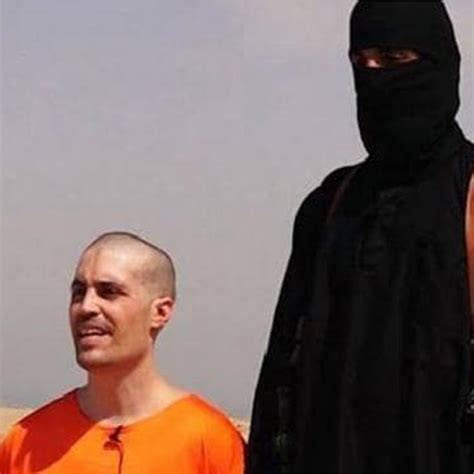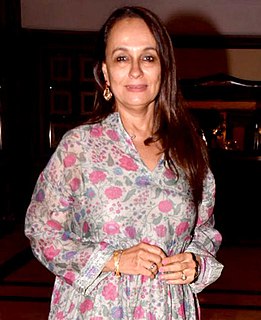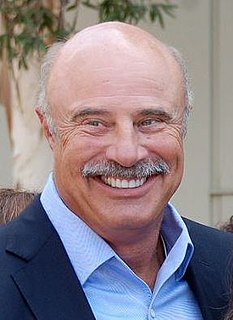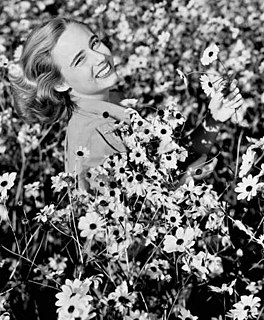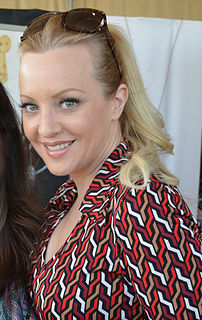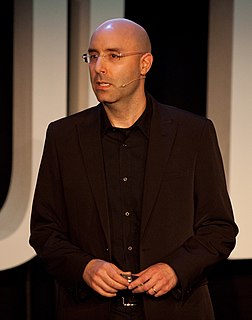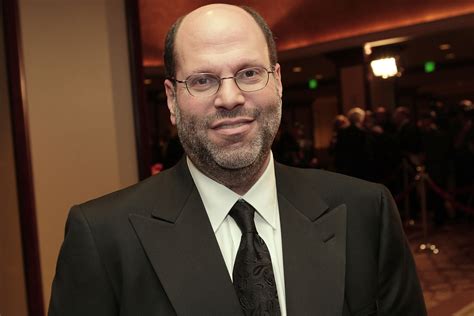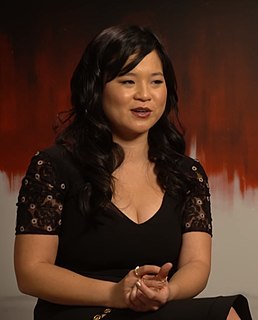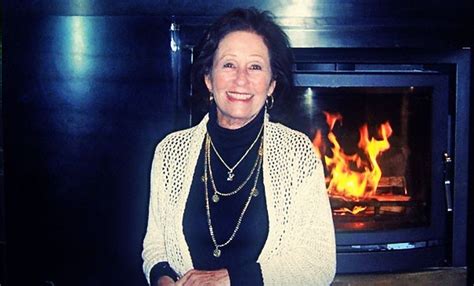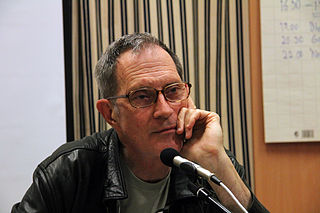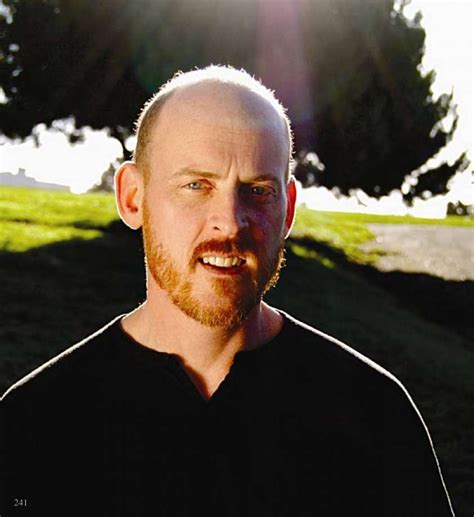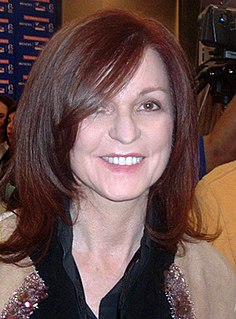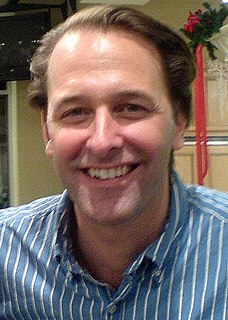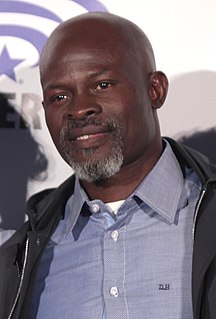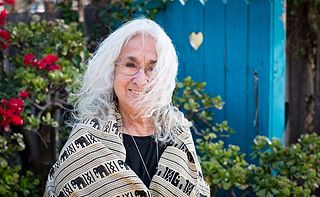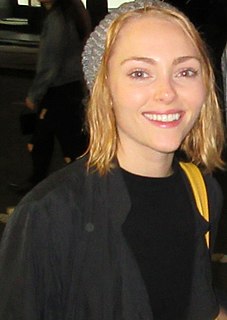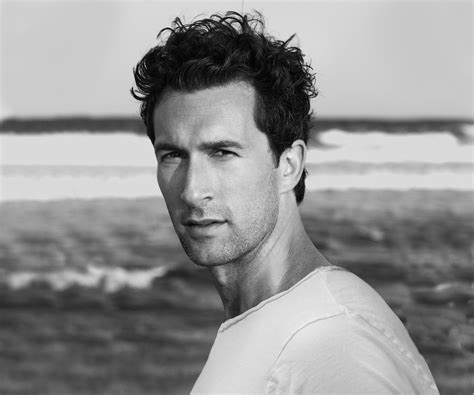Top 1200 Fictional Stories Quotes & Sayings - Page 18
Explore popular Fictional Stories quotes.
Last updated on December 2, 2024.
We read novels because we need stories; we crave them; we can’t live without telling them and hearing them. Stories are how we make sense of our lives and of the world. When we’re distressed and go to therapy, our therapist’s job is to help us tell our story. Life doesn’t come with plots; it’s messy and chaotic; life is one damn, inexplicable thing after another. And we can’t have that. We insist on meaning. And so we tell stories so that our lives make sense.
OMG YOU GUYS it has come to my attention that SOMEONE on the internet is saying that my fictional 19th century zombies are NOT SCIENTIFICALLY SOUND. Naturally, I am crushed. To think, IF ONLY I’d consulted with a zombologist or two before sitting down to write, I could’ve avoided ALL THIS EMBARRASSMENT.
In a pure anonymous encounter you find a world alive and full of character. In New York, the street adventures are incredible. There are a thousand stories in a single block. You see the stories in people's faces. You hear the songs immediately. Here, in Los Angeles, there are fewer characters because they are all inside automobiles.
Like an enemy I knew as intimately as any friend, I came to know the nagging, constant emptiness of the incongruent life. I ignored myself and lived for people, purposes, and goals that weren't my own. I betrayed who I was and instead accepted a fictional substitute that was defined from the outside in.
I have found that the person with a sense of story built in from childhood is in better shape than one who has not had stories . . One knows what stories can do, how they can make up worlds and transpose existence into these worlds. . . .One learns that worlds are made by words and not only by hammers and wires.
Literature for me… tries to heal the harm done by stories. (How much harm? Most of the atrocities of history have been created by stories, e.g., the Jews killed Jesus.) I follow Sartre that the freedom the author claims for herself must be shared with the reader. So that would mean that literature is stories that put themselves at the disposal of readers who want to heal themselves. Their healing power lies in their honesty, the freshness of their vision, the new and unexpected things they show, the increase in power and responsibility they give the reader.
This kingdom of God life is not a matter of waking up each morning with a list of chores or an agenda to be tended to, left on our bedside table by the Holy Spirit for us while we slept. We wake up already immersed in a large story of creation and covenant, of Israel and Jesus, the story of Jesus and the stories that Jesus told. We let ourselves be formed by these formative stories, and especially as we listen to the stories that Jesus tells, get a feel for the way he does it, the way he talks, the way he treats people, the Jesus way.







